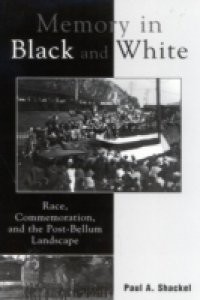As the 2000 presidential election suggests, the particular type of voting system employed in a given venue can impact the outcome of elections, not only within an individual state, but, as Fyfe and Miller explore, across the states as well. Yet the scholarly community has paid little attention to the nature and impact of voting systems on electoral outcomes to date.Using Elazar's model of political culture in the American states as a logistical framework on which to build analysis of these voting systems, they indicate that culture is a fundamental variable to consider when attempting to ascertain variances between and among the states. This study will be of particular interest to scholars, students, and other researchers involved with American elections and contemporary politics and voting policy.















